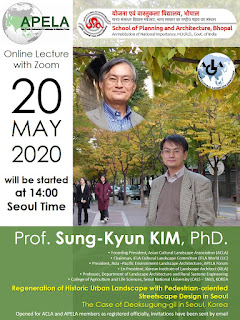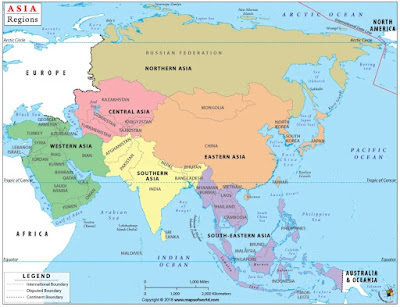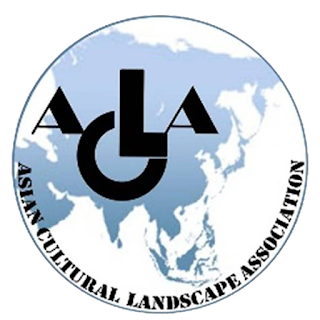Part 1 of 4: 2020 ACLA-APELA Online Lecture Series
This Online Lecture of ACLA-APELA collaboration with SPA (School of Planning and Architecture) Bhopal,
India was the first part of 2020 Online ACLA-APELA Lecture Series with Zoom.
This lecture was moderated by Prof. Sonal Pandey Tiwari, and was hosted by
Prof. Sung-Kyun Kim who gave the lecture from his office at CALS, SNU, Seoul at
2 pm local time.
In accordance with the background and objectives of the 2020 Online ACLA-APELA Lecture Series with Zoom, 2020 ACLA-APELA Online Lecture Series, this first lecture promoted sustainable public landscape, natural environment and social environment friendly. Completely, Prof. Kim had written his paper: Regeneration of Historic Urban Landscape with Pedestrian-oriented Streetscape Design in Seoul: The Case of Deoksugung-gil in Seoul, Korea, published on: Kapila D. Silva (ed.) The Routledge Handbook on Historic Urban Landscapes of the Asia -Pacific. London & New York: Routledge. ISBN ISBN: 9781138598256. eBk ISBN: 9780429486470. https://doi.org/10.4324/9780429486470_20 <Chap. 20> pp. 377-391.
The abstract is as follows:
In Seoul today, along with the
expansion of vehicular traffic, the streets for automobiles are getting wider,
while the number and space of pedestrian passages are gradually shrinking, and
the vegetation that made the walking space more comfortable is decreasing. The
historic street network that once served pedestrians for hundreds of years has
lost its traditional role due to policies that prioritize vehicular traffic.
Western-style grid streets have been introduced for smooth traffic flow, and
the historic street structure has been transformed into a lattice structure,
resulting in increased vehicular traffic on main streets, and more
through-traffic, which attempt to avoid traffic jams on main streets, on the
network of narrow historic streets. Residents in historic urban areas now
suffer from traffic accidents, smoke, noise and parking problems. Recent
statistics show that 220,000 traffic accidents have occurred, 4,200 people have
died, and 330,000 people were injured in Korea in 2016. Of these, nearly
one-half of the deaths recorded during walking. Out of the deaths occurred while
walking, half occurred while crossing streets (NPA 2017).
This phenomenon is, in fact,
pervasive in historic streets of many old cities. Traditionally, streets have
been used for a variety of purposes other than for the primary means of
passage, such as meeting, talking, sitting, resting, and playing with children.
Street was the central space of social life of the local community. As traffic
engineering approaches in modern urban planning aimed primarily at the traffic
flow, the diverse functions of these streets are ignored, and they are transformed
into desolate roads for the sole purpose of movement (Appleyard 1981; Hass-Klau
1990). In the conservation of historic urban areas, specific attention should
then be given to the regeneration of the traditional role of streets as the
primary socio-cultural space of the community life. While it is necessary to
accommodate automobile use, solve traffic problems, and make roads safer, it is
also necessary to make use of the advantages of the traditional functions of
streets for more vigorous communities, rather than converting all roads into
spaces of the automobile. In this regard, this lecture presents the urban
conservation project of ‘Deoksugung-gil Pedestrian Oriented Green Streetscape
Design’ in Seoul, which applied the concept of a pedestrian-centred or a
sharedstreet, as part of the regeneration of Seoul’s historic urban landscape.
Sung-Kyun KIM is a Professor of
Landscape Architecture at the Seoul National University, Korea.
He received his PhD in City and
Regional Planning and Master’s degrees in Landscape Architecture and Arts from
the University of Pennsylvania, USA. He has been on the Chair of Cultural Landscape
Committee, IFLA. He is the Founding President and Patron of Asian Cultural
Landscape Association, and was President of Korean Institute of Landscape Architecture
and Korean Society of Rural Planning. His research focuses on cultural
landscape and landscape design. His recent publications include, a monograph -
Winding River Village: Poetics of a Korean Landscape (ACLA Press, 2016), and an
appraisal paper on the topic of the lecture in a volume, The Routledge Handbook
on Historic Urban Landscapes in the Asia-Pacific, ed. Kapila D. Silva
(Routledge, London, 2020: pp. 377-391). CP: +82-10-6700-2121. E-mail: sung@snu.ac.kr
or jsolnam@naver.com.
The first part of the Online
2020 Online ACLA-APELA Lecture Series with Zoom was attended by 96 participants
(PMI zoom), which lasted for 2 hours 20 minutes, one-half hour lecture and
fifty minutes in the question and answer session.
The next lecture, “Indian
Cultural Landscape: Locality-Globality-Cosmality” will be held on July 15,
lectured by Prof. Dr. Rana P.B. Singh, PhD.
By Admin, June 14, 2020









Comments
Post a Comment